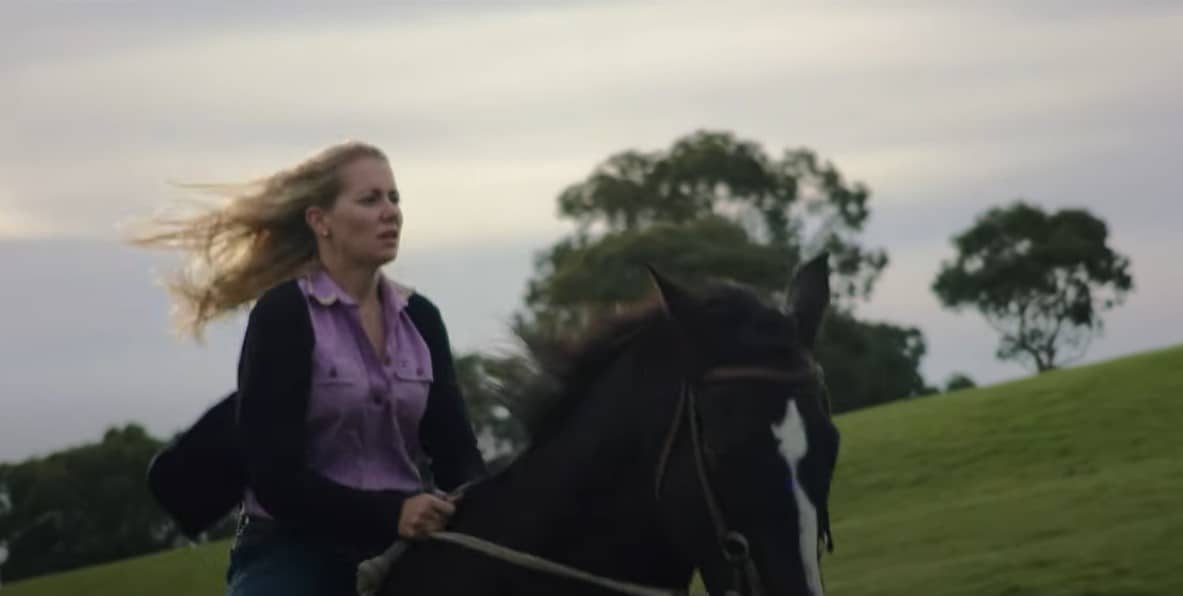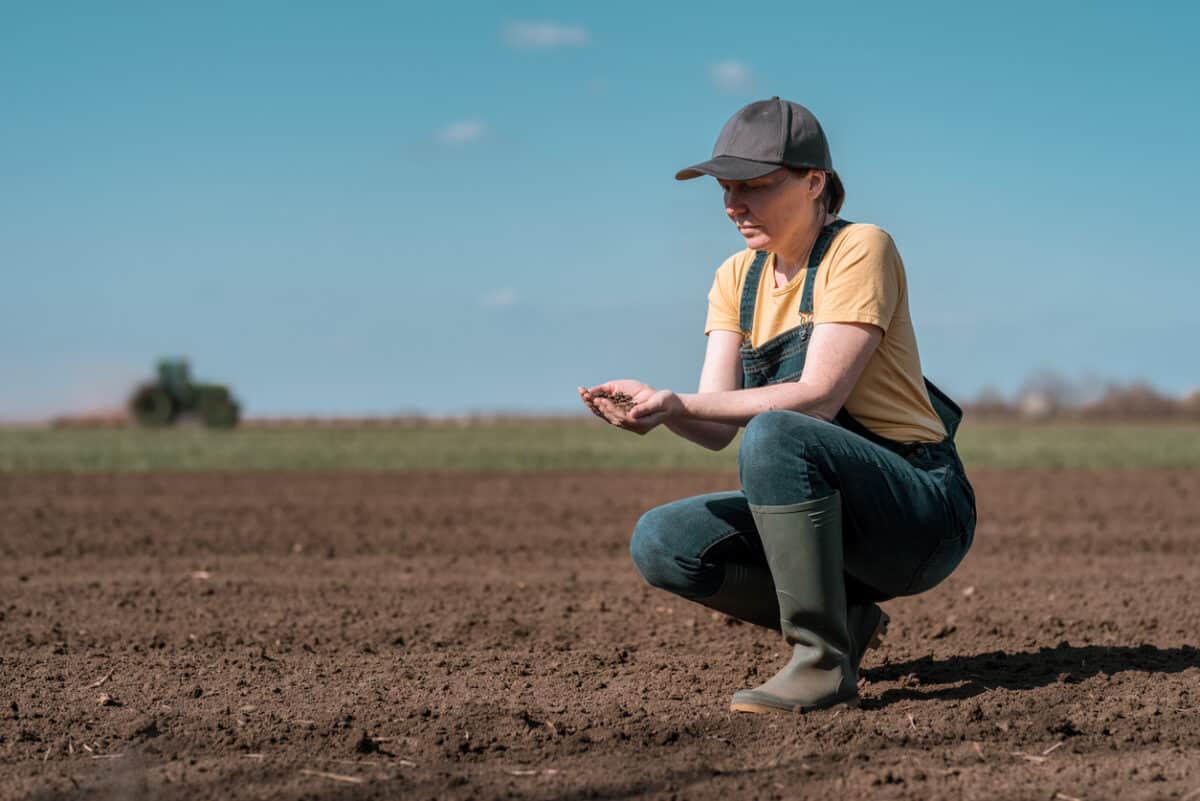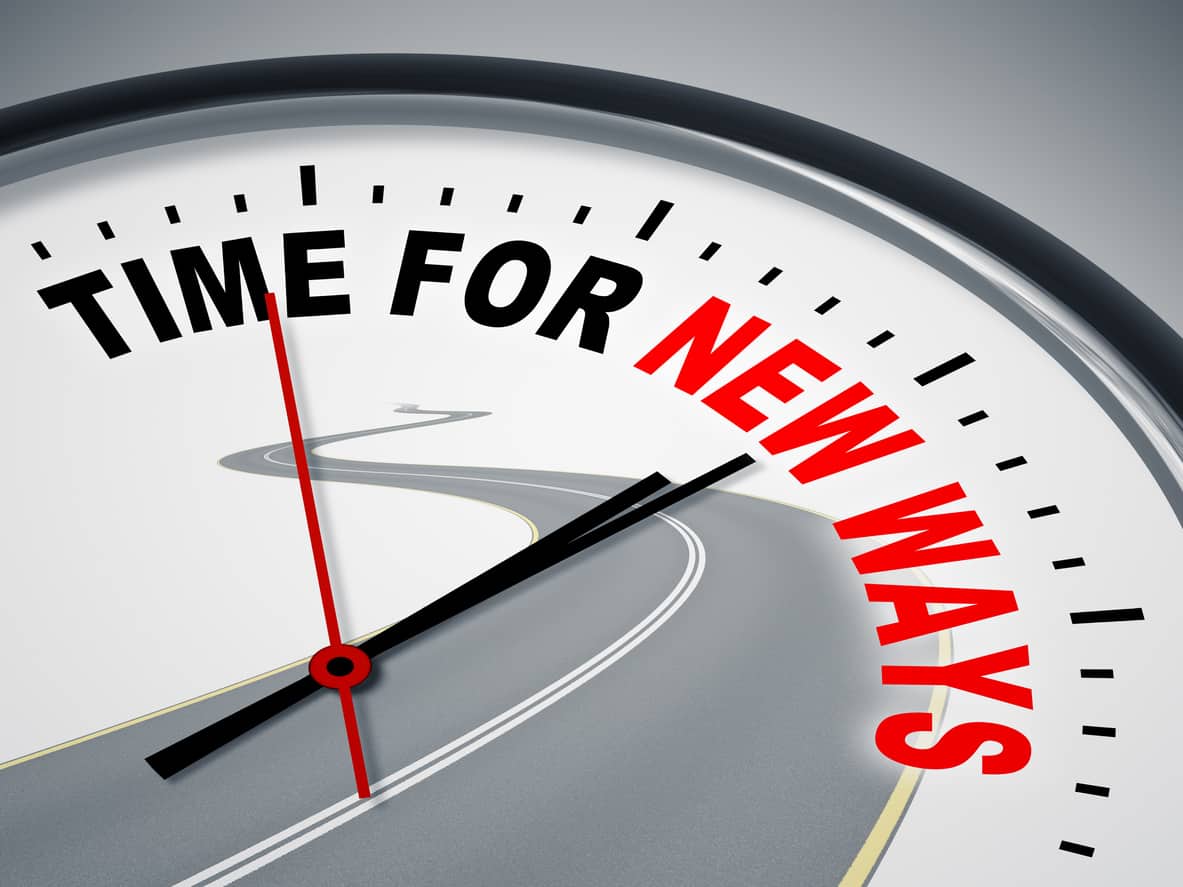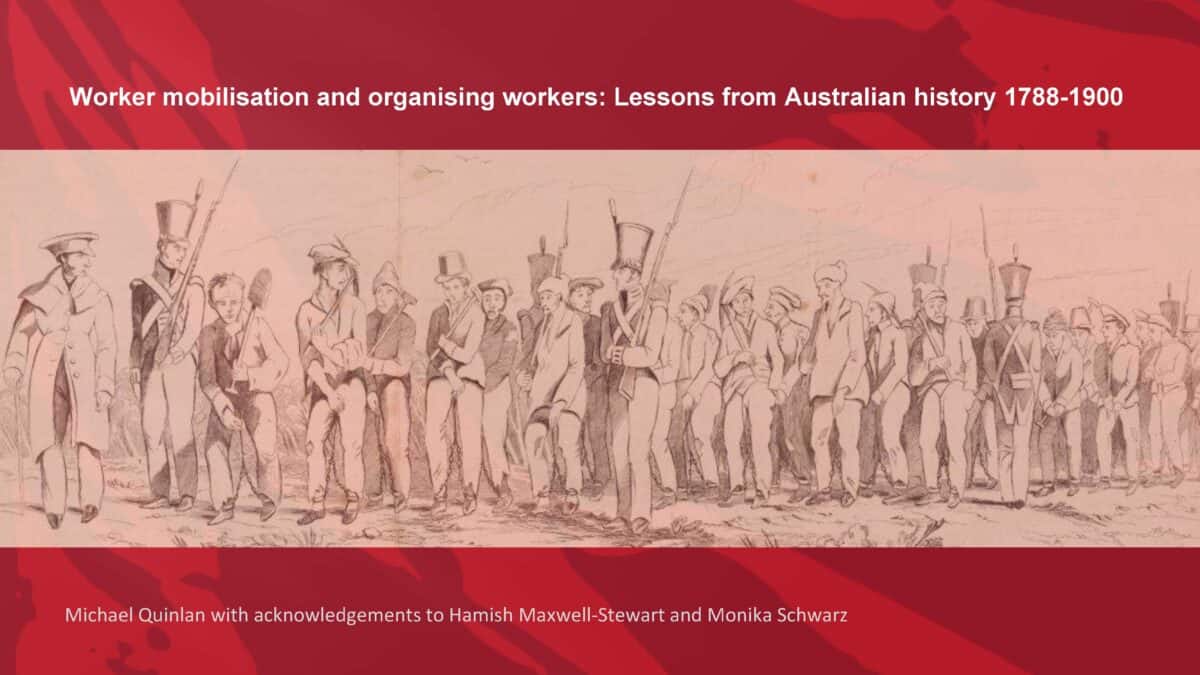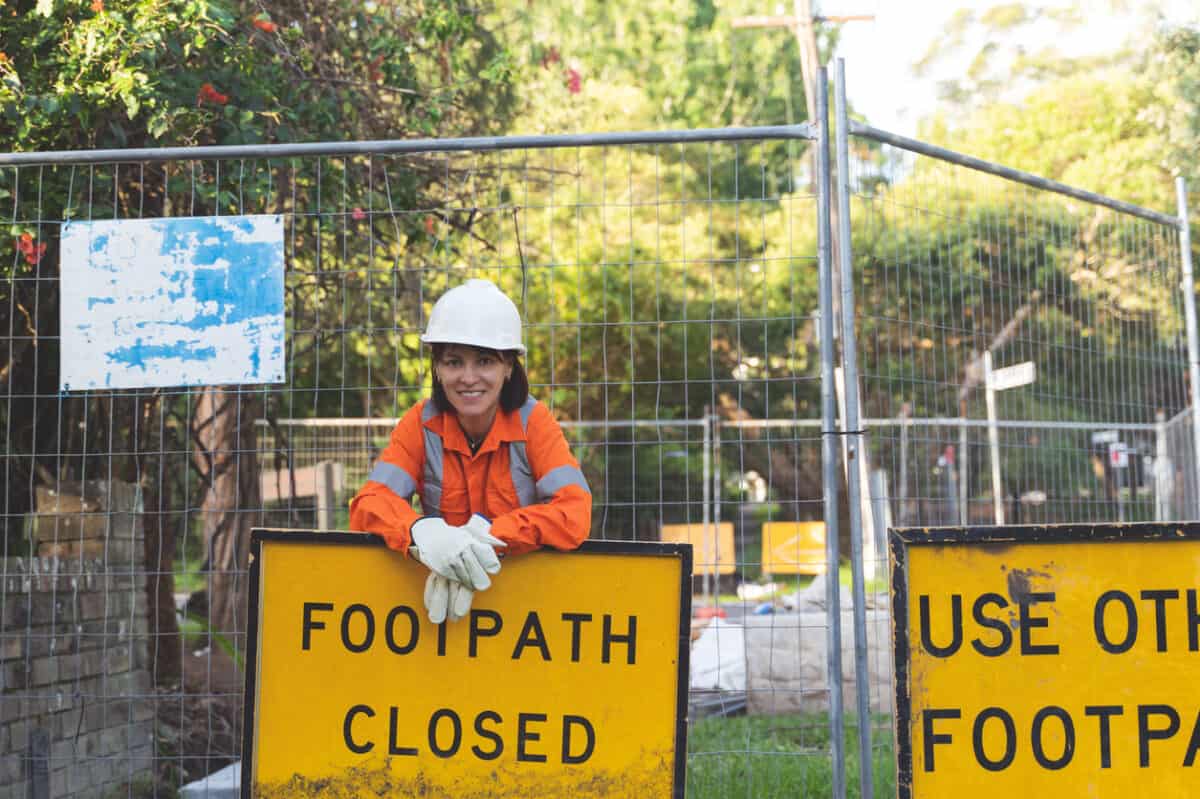“Just a Farmer” is an extraordinary independent Australian film about an all too common occurrence on farms – suicide. The filmmakers have built a strong media profile over the last few months, emphasising the significance of a psychosocial work-related condition. But the film is much more than a film about mental health
Note: this article mentions suicide
There are two possible approaches to this film – a story about the realities of farm life and a depiction of mental ill-health. That both these overlapping approaches are satisfied by this film is a mark of a successful story and production.
The movie opens in over 100 Australian cinema screens on March 21, 2024.

